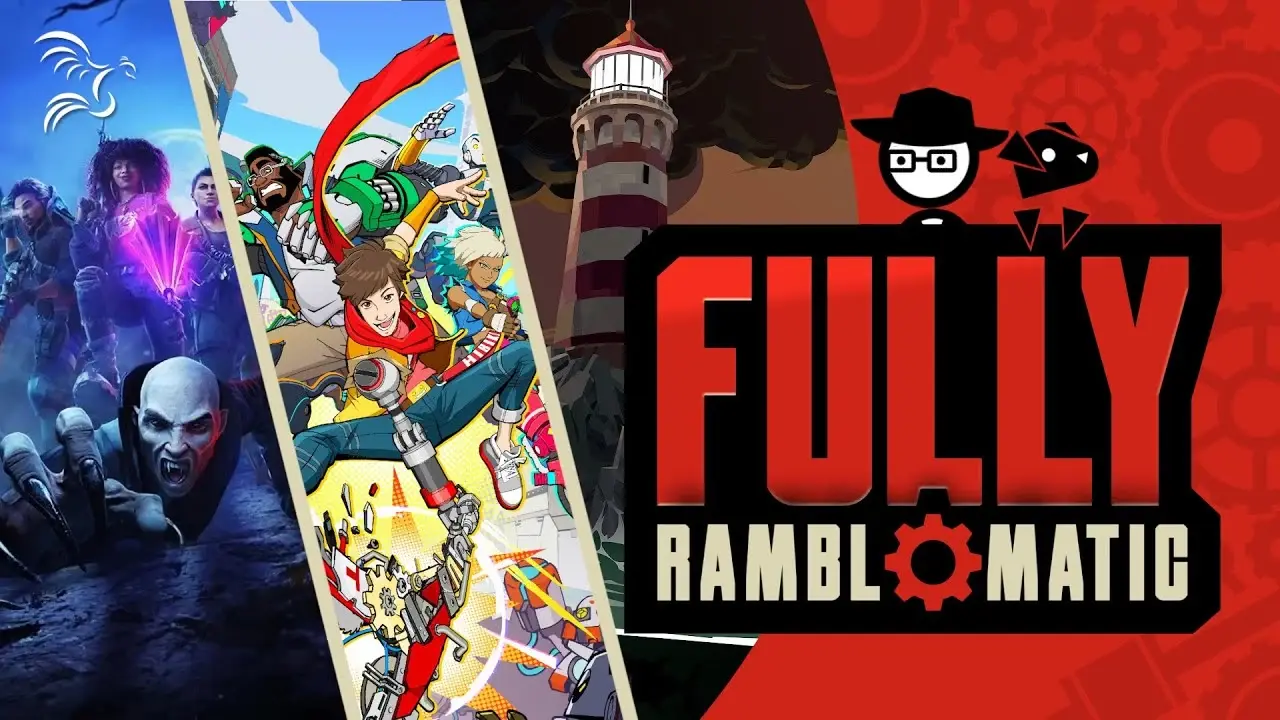

That’s kinda a weird take, since the private server model was the only model until 10 years ago or so. Companies definitely know it. It’s just not financially efficient comparing to benefiting from economies of scale with hosting. Plus you don’t lose a ton of money or piss of players if you over or under estimate how popular the game will be.
Had they gone with private servers here, they would have lost even more money than they already have. The problem here is they spent too much money on a game no one wanted to play, chasing a fad that ended before it launched.




Oh shit, I’m sorry. I misunderstood what you were saying, I thought you were referring to them purchasing and running their own physical server hardware as opposed to running their servers off of a cloud platform.